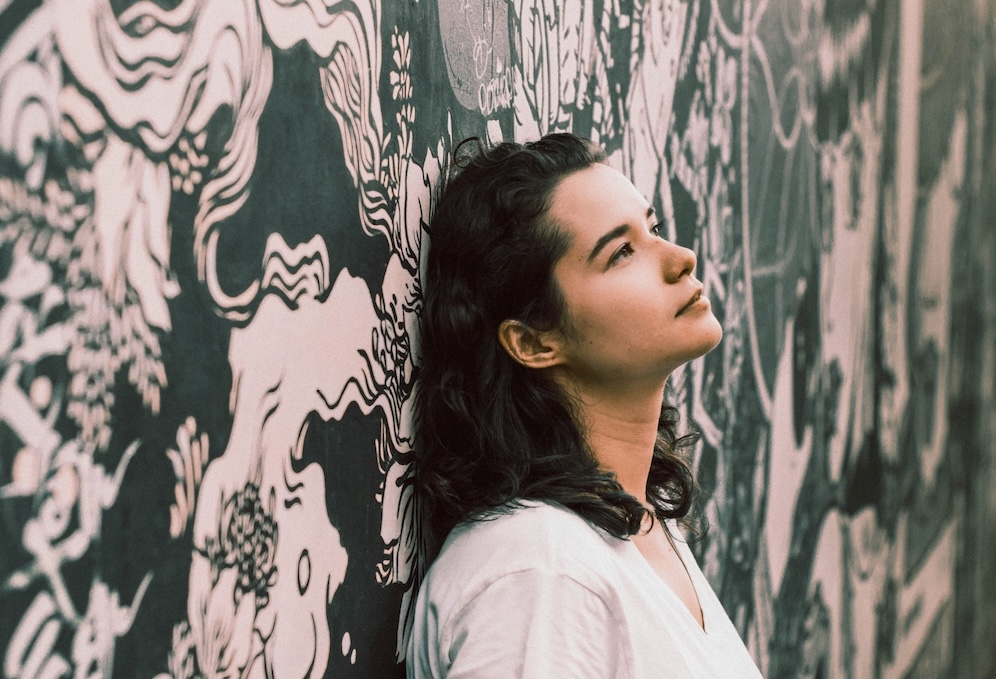Immanuel Kant is an influential figure in 18th-century philosophy. But his timeless ideas are still applicable, even now.
He summarised life’s biggest questions down to three vital questions:
“What can I know? What ought I to do? What can I hope?”
His quote speaks of knowledge, morality, and hope.
The limits of knowledge (“What can I know?”), the moral imperative (“What ought I to do?”), and the nature of hope (“What can I hope for?”).
There are tons of books on Kan’t ideas. I will attempt to break his mind-blowing quote down in less than five minutes.
Let’s find out how his powerful questions can guide our actions.
1. What can I know?
Can you trust your brain?
The first question plunges into the depths of epistemology, the study of knowledge. We can’t directly access the true nature of reality, but that doesn’t mean we’re left in the dark.
Kant challenged the idea of absolute knowledge, arguing that the structure of our minds shapes our understanding. He argued that our understanding is not a passive reflection of reality but an active construction.
Our minds come pre-equipped with specific filters, like space and time, that colour how we perceive the world. So, the knowledge we gain is always filtered, not a pure reflection of reality.
While we cannot access the world “as it is in itself,” we can strive for objective knowledge by understanding how our minds shape our perceptions.
A healthy dose of scepticism is all you need to become an active participant in your knowledge acquisition — question sources. Don’t be afraid to say, “I don’t know,” but use it as a springboard to learn more.
And don’t mistake your perception for absolute truth.
2. What ought I to do?
Be good, even when it sucks.
The second question dives into ethics, seeking the foundation of right and wrong. Kant rejected utilitarian calculations of happiness or societal benefits. He proposed a deontological ethical system based on universal moral principles.
Kant called this the “Categorical Imperative” — a fancy way of saying “treat others as ends in themselves, not just means to your ends.”
Basically, don’t use people. Be good.
The core principle?
Act in a way that could become a universal law. Imagine a world where everyone lied or cheated — not a pretty picture, right? So, strive to be honest, treat others with respect, and act with integrity, even when inconvenient.
He thought it was the best recipe for a good life for yourself and society. That means treating others as ends in themselves, not merely means to our ends, and respecting their inherent dignity.
3. What can I hope?
Hope with reason.
Kant’s last question transcends metaphysics, reason and faith.
“What can I hope” is about the relationship between science and religion, the meaning of life, and the purpose of existence. He explored the possibility of hope beyond the limitations of reason.
Kant acknowledged the inherent human desire for faith and hope beyond the limits of knowledge. While not endorsing any specific religion, he argued that the idea of God could be reconciled with reason through its role in morality. He argued that hope, grounded in our moral capacity, is not irrational.
Kant observed reason itself compels us to believe in certain things, like the immortality of the soul. Why? Living a good life often requires sacrifice, and the idea of justice demands some kind of reward beyond this earthly existence.
In this sense, hope becomes a powerful tool, motivating us to be good even when the odds seem stacked against us. It’s not blind optimism but reasoned hope that fuels our journey.
True hope, he said, comes from living a good life according to the Categorical Imperative. Even when it’s hard, doing the right thing gives us a sense of purpose and inner peace.
Conclusion
Kant’s big three might seem like separate questions, but they’re connected. What you know shapes what you do, and what you do influences what you hope for. Knowledge empowers your actions, and actions test your hopes. Hope fuels your journey to knowledge.
Kant’s questions are not meant to be a rigid rulebook for life.
They’re a starting point, a way to examine your beliefs and unravel life’s complexities. You won’t find all the answers, but the process of questioning, analysing, and hoping keeps us human and pushing for a better understanding of ourselves and the world.
His questions put us on a path of endless exploration, action, and maybe, just maybe, a little bit of hope. So when in doubt, ask yourself: What can I know today? How can I apply that knowledge to make a difference? What can I hope for, and how can I work towards making it a reality?
It’s a beautiful, messy cycle.
But it works if we can apply it in our lives.
Think about your own experiences.
What can you truly know based on your observations and reasoning? How can you act with integrity and respect for all? And lastly, what kind of future, however uncertain, do you want to work towards?
These are lifelong journeys, not one-time answers. So, keep questioning, keep exploring, and keep hoping. After all, that’s what makes us human.
Join my email list with 60K+ curious people who receive my best essays and free curated tools for smarter living.
